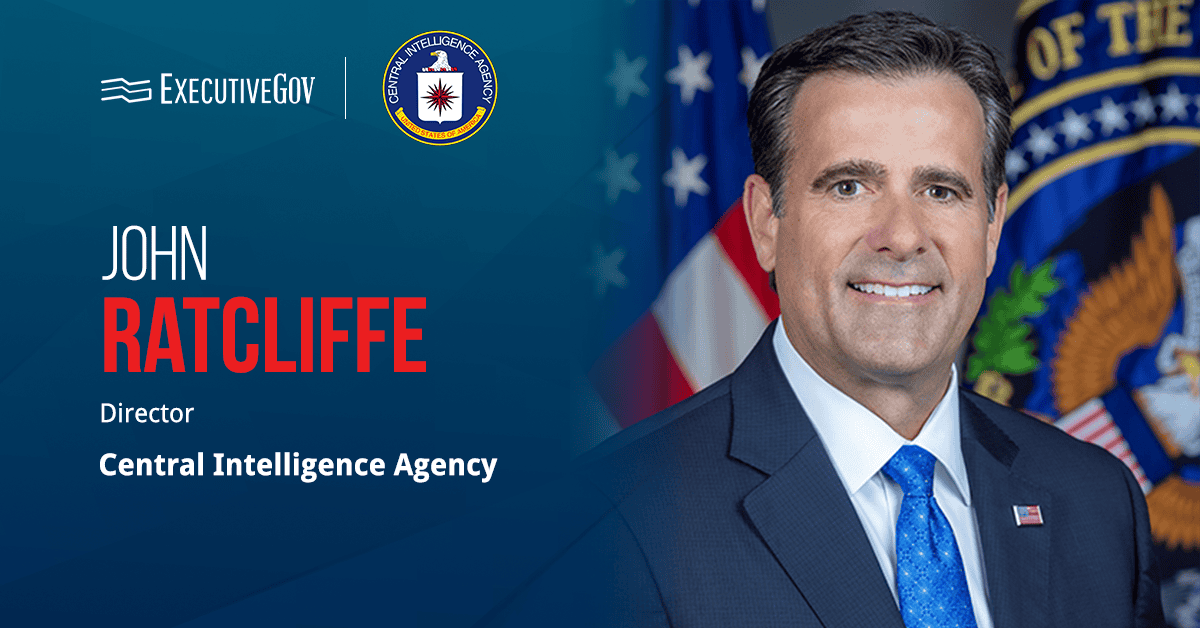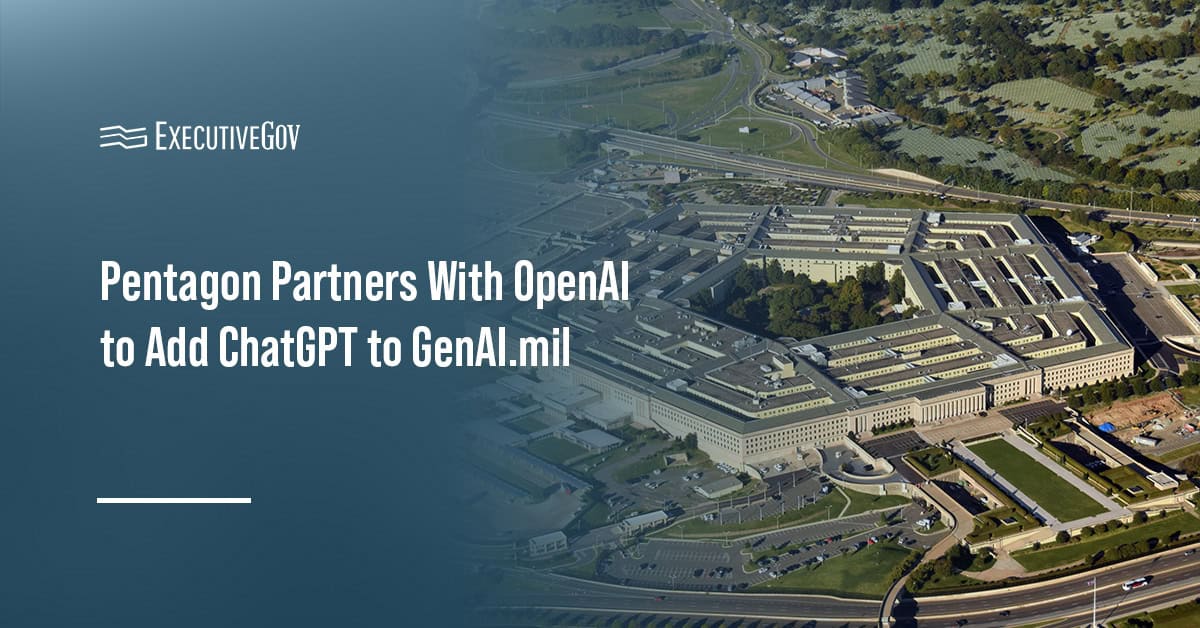 Vicki Hildebrand, chief information officer at the Department of Transportation, has said DOT has started to design a new “cleansing program†to facilitate crowdsourced cyber vulnerability hunting activities at component agencies, Nextgov reported Friday.
Vicki Hildebrand, chief information officer at the Department of Transportation, has said DOT has started to design a new “cleansing program†to facilitate crowdsourced cyber vulnerability hunting activities at component agencies, Nextgov reported Friday.Plans for the cleansing program came after bug hunting services provider Synack identified vulnerabilities in computer systems at the department’s headquarters.
“We started with software we thought was rock solid,†she told reporters at the Billington Cybersecurity Summit.
“There were vulnerabilities we didn’t realize.â€
FedScoop reported that Hildebrand aims to speed up cyber threat detection at the department through crowdsourcing methods.
“It goes back to being proactive. I don’t want to wait for a bad actor to tell me I’ve got a vulnerability,†she added.
Â





